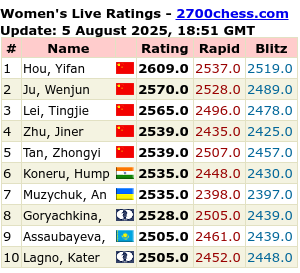I admit that, despite my desire to understand, and appreciate, "super-GM chess", most of the time, even with explanatory commentary from a GM 'live in the studio', it is beyond my grasp.
Richard Réti, understandably given his position as the inventor of one of the pivotal hyper-modern opening systems, had a different opinion of positional chess, at least later in his life.
I picked up Harry Golembek's "Réti's Best Games" second-hand recently ( 6 Euros for a 1974 Dover paperback, which seems expensive until you see that the same thing reaches 265 GBP on Amazon ?!) and in English descriptive notation : some nostalgic times ahead when I read the games !
The book's introduction takes a form of a memoir of Réti and finishes with part of his annotation, from 1929, to a game from Moscow between two Russian players, Pobedin and Lukomski, describing the following position, and it's flamboyant finish:
 |
| Lukomski-Pobedin, Moscow, 1929.White to play |
Réti wrote...."Something like this is not only pretty, but has the advantage of being much easier to understand than a difficult positional game. Thus it is only natural that the greater part of the chess world should be displeased with the fact that one seldom sees anything similar happening in modern master tournaments.
But the blame should be laid, not on the masters, but on the tournament organisers.
The latter must decide to invite to great-master tournaments some Pobedins as well. Then the public would see so many sacrificial combinations of this type that they would soon find them as banal and uninteresting as the writer of these lines - please forgive me for this confession - finds this Queen sacrifice."
Tartokower, however, described it is as "splendid", at least according to the Daily Express !
From my amateur level of chess, my heart certainly sides with Tartarkower on this, at least on the finish of the game, but my head is firmly with Réti for the general approach.
As a problem, the solution is simple, even trivial ! but see the full game below.
Lukomski could have played 14...Qg5, and made Pobedin fight for it, but that would have been pointless, since the game is already over.
He lost it with the abysmal and thoughtless blitz-style move 11 of Bxd4, which, surely, even Tartakower would never have described as 'splendid' !


0 comments:
Post a Comment